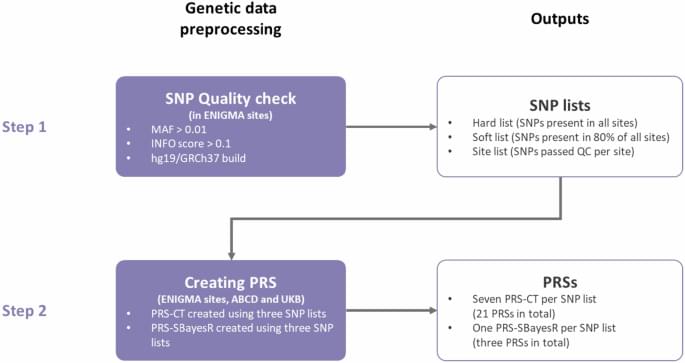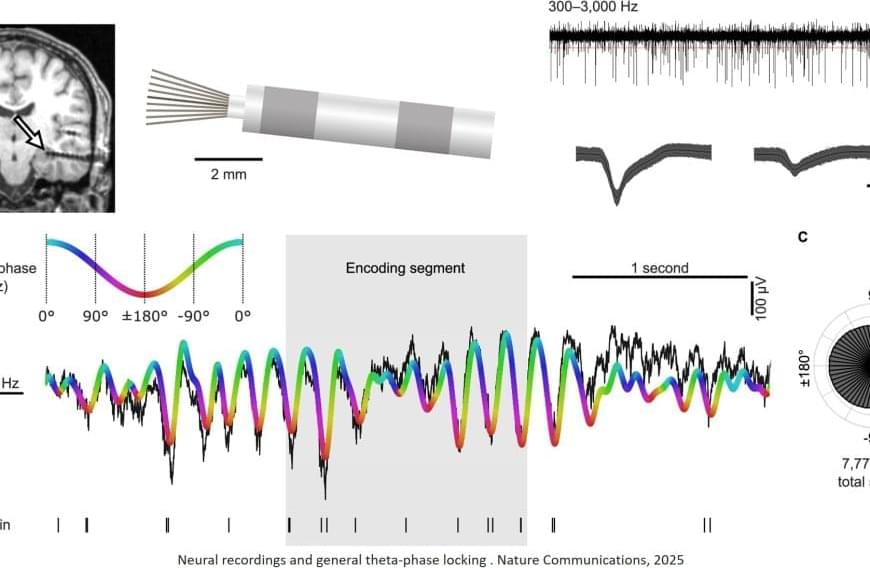A new study finds that a high-salt diet triggers brain inflammation that drives up blood pressure. The research, led by McGill University scientist Masha Prager-Khoutorsky in collaboration with an interdisciplinary team at McGill and the Research Institute of the McGill University Health Center, suggests the brain may be a missing link in certain forms of high blood pressure—or hypertension—traditionally attributed to the kidneys.
“This is new evidence that high blood pressure can originate in the brain, opening the door for developing treatments that act on the brain,” said Prager-Khoutorsky, associate professor in McGill’s Department of Physiology.
Hypertension affects two-thirds of people over 60 and contributes to 10 million deaths worldwide each year. Often symptomless, the condition increases the risk of heart disease, stroke and other serious health problems.









